Getting Even —— Public Policies to Tackle Inequality in Asia
----- 收支平衡:解决亚洲不平等问题的公共政策
Asia's phenomenal economic growth during last few decades is a remarkable success story in the fight against poverty. Between 2005 and 2012 alone, the number of people living in extreme poverty in Asia-Pacific was reduced by 1.1 billion-accounting for more than 90 per cent of the total poverty reduction achieved worldwide. However, these achievements have been overshadowed by the sharp rise in income and wealth inequality. The concentration of private wealth is of a greater concern. In several countries in Asia, the richest top 5% control close to 70% of the nation's total private wealth; the top 1% control more than 50%. This level of disparity has pervasive consequences for everyone. It stifles social mobility, undermines social cohesion, hurts long-term growth and reinforces inequality of opportunities. It encourages crime, sparks corruption and can lead to violent conflict. Left unchecked, growing inequality undermines the fight to end poverty and more people living with little hope. Such stark inequality is not inevitable – it is the consequence of political and economic choices. Deliberate policy choices have fostered the extremes of income, wealth seen across Asia today. It is against this context that book brings together a select group of academics across Asia to examine and bring forth positive stories about public policies introduced in last decade to address economic inequality. Scholarly written papers scrutinize the extent to which these policies have been successful. The book seeks to generate evidence across a range of contexts to demonstrate- what kind of governments programmes and policies have positive impact to reduce inequality and how these could be designed. These inspirational stories will fill the vital knowledge gap in Asia to foster peace and shared prosperity.
{{comment.content}}
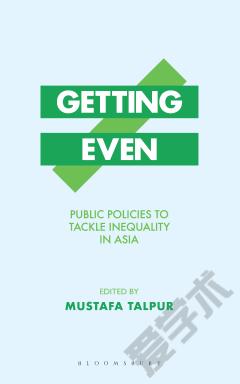
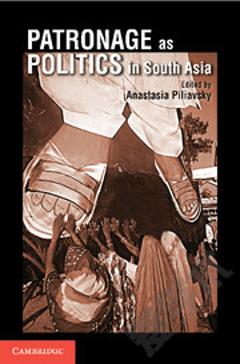

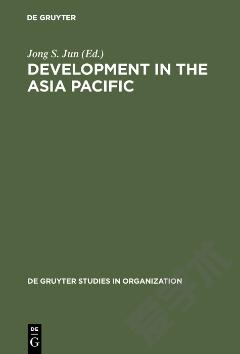

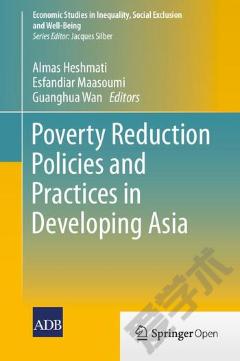
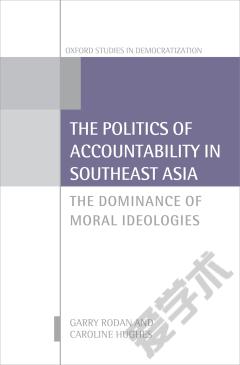

 京公网安备 11010802027623号
京公网安备 11010802027623号